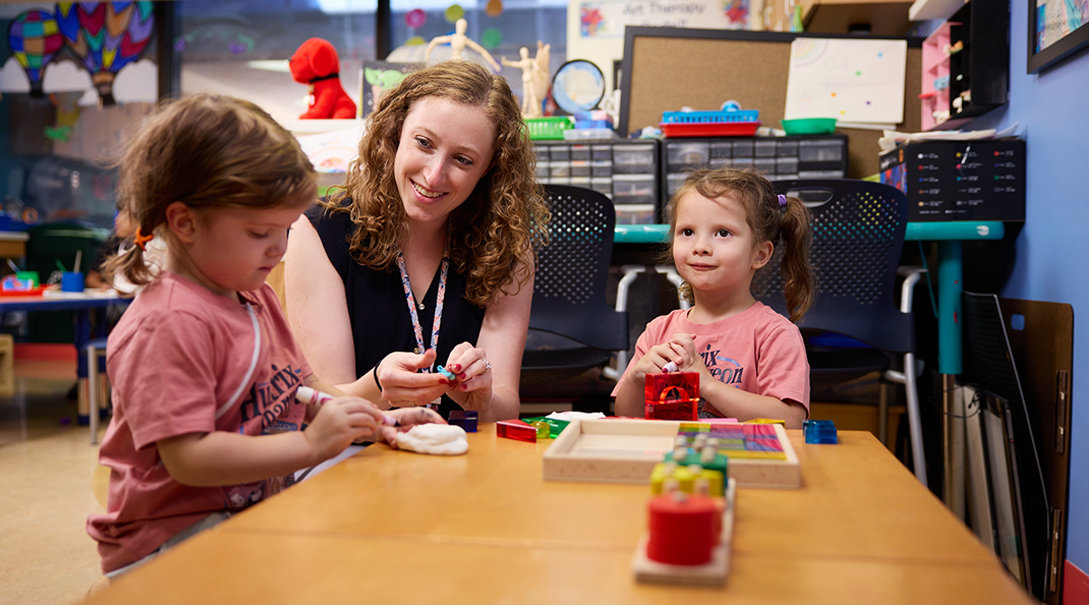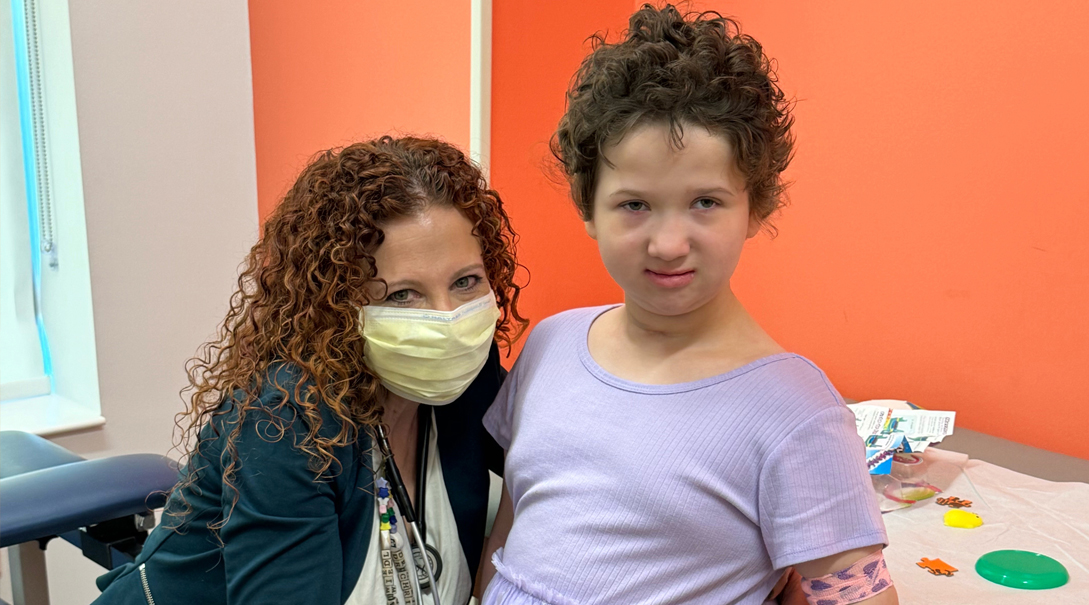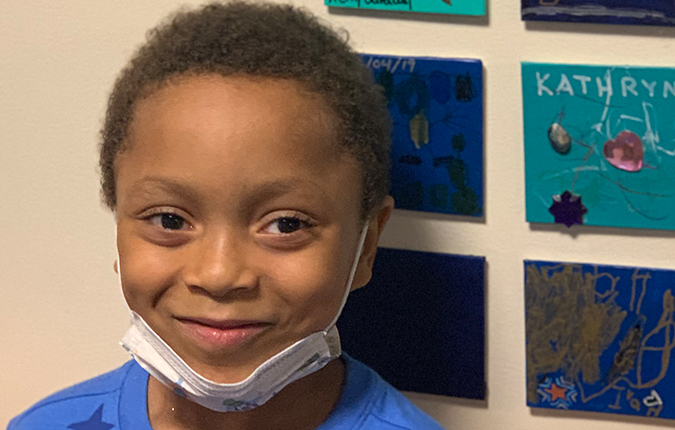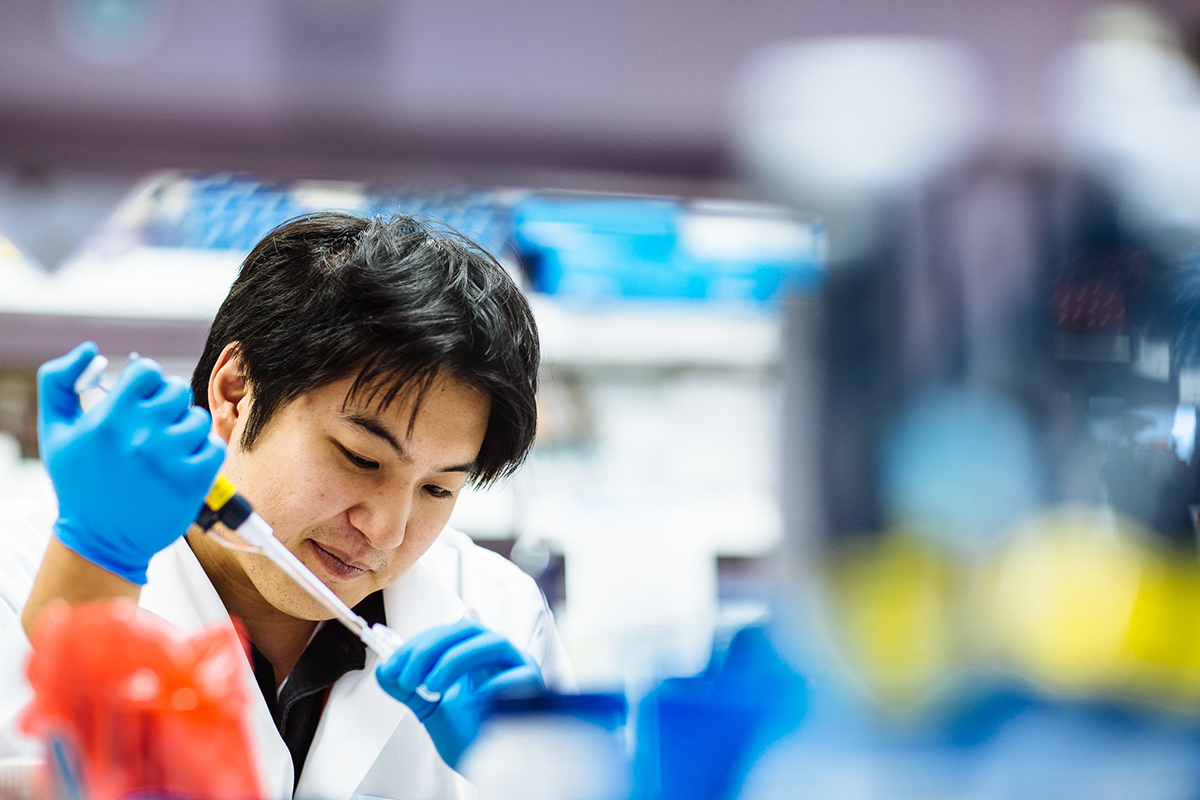Treatment
Pediatric Bone Marrow Transplant
What is a bone marrow transplant for children?
A bone marrow transplant (BMT) is a treatment for children with certain types of cancer or other diseases. The goal of BMT is to replace a child’s diseased bone marrow with healthy bone marrow.
Bone marrow is the spongy material in the center of the bones that makes all types of blood cells, including young blood cells called stem cells. In BMT, stem cells are filtered, and then put back into the same child. Or they are put into another sick child. These stem cells will grow and become new and healthy bone marrow. Transplanted stem cells are called the graft.
There are different types of BMT based on how the healthy stem cells are collected.
Frequently Asked Questions
Types of Bone Marrow Transplants
Autologous bone marrow transplant
Allogeneic Bone Marrow Transplant
Umbilical Cord Blood Transplant
About This Treatment
What specialists will manage my child's bone marrow transplant?
Why might my child need a bone marrow transplant?
What are the risks of a bone marrow transplant for a child?
Meet the Bone Marrow Transplant Providers
Departments that Offer Bone Marrow Transplant
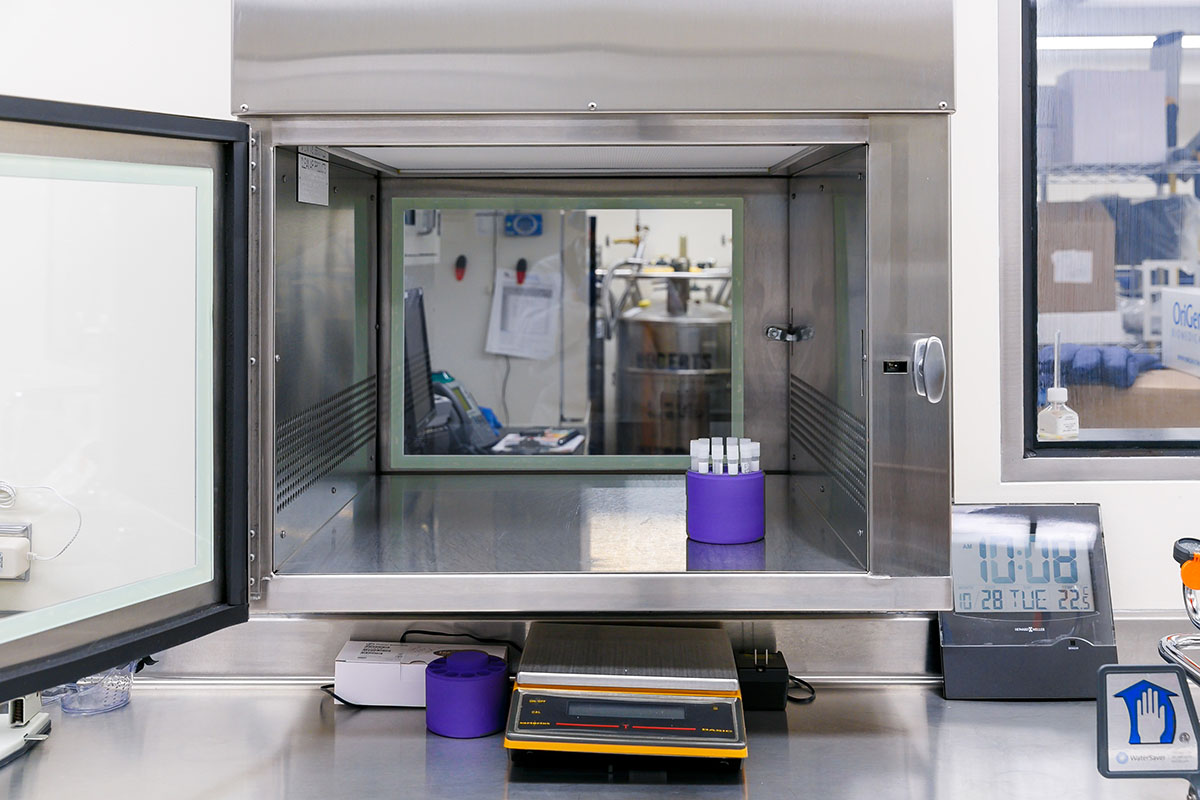
Cellular Therapy Program
The Cellular Therapy Program offers cutting-edge treatments to fight cancer and infections. See how we provide hope for children with treatment-resistant cancers.

Help Kids and Make a Difference
Invest in future cures for some of life's most devastating diseases. Give today to help more children grow up stronger.

